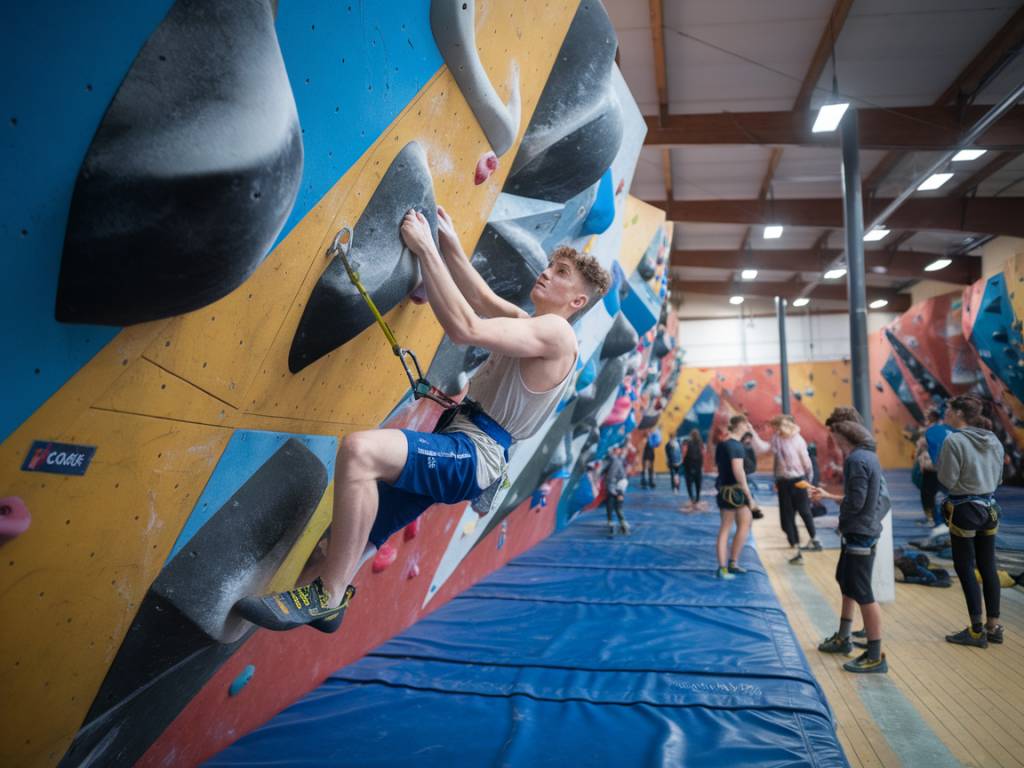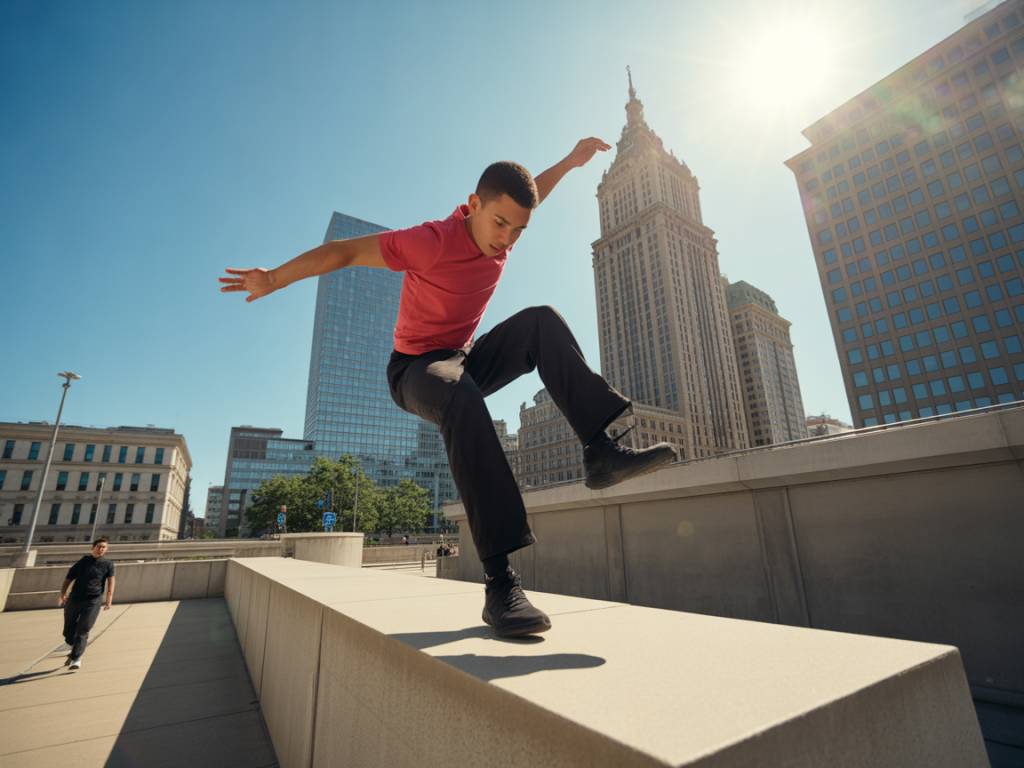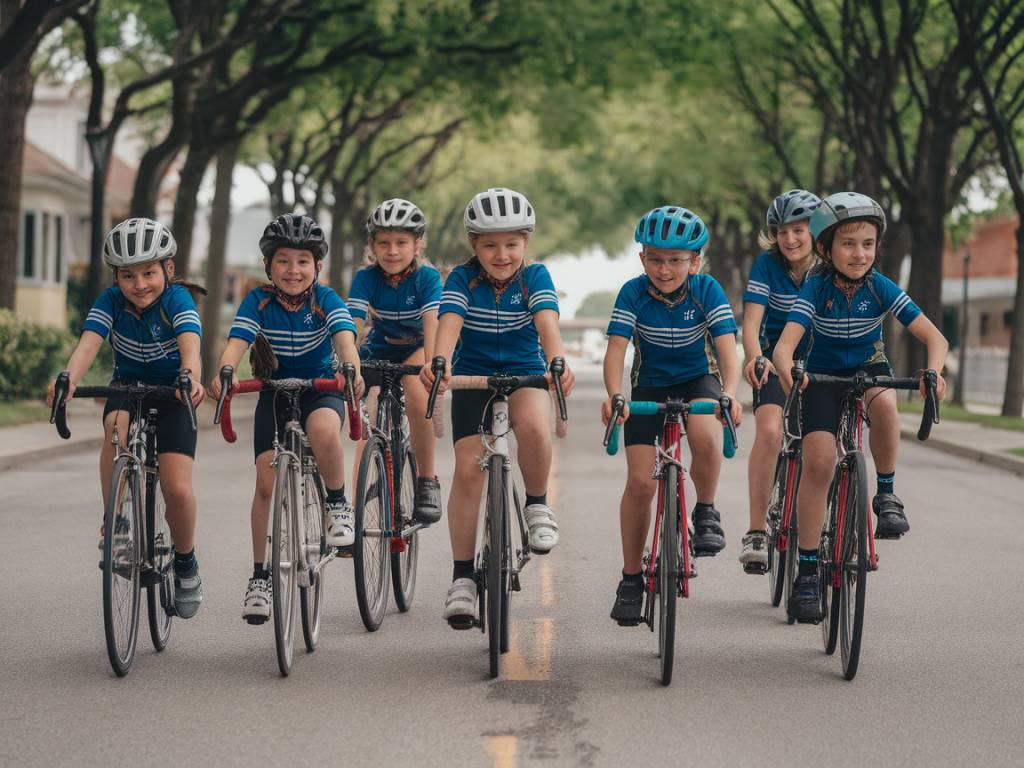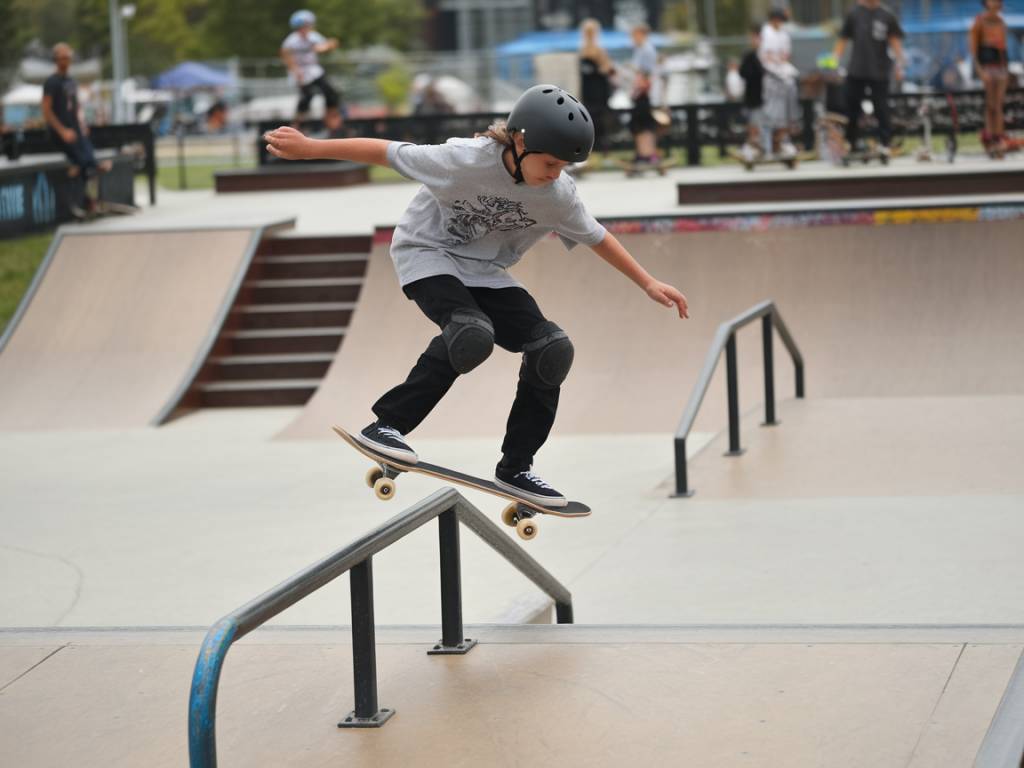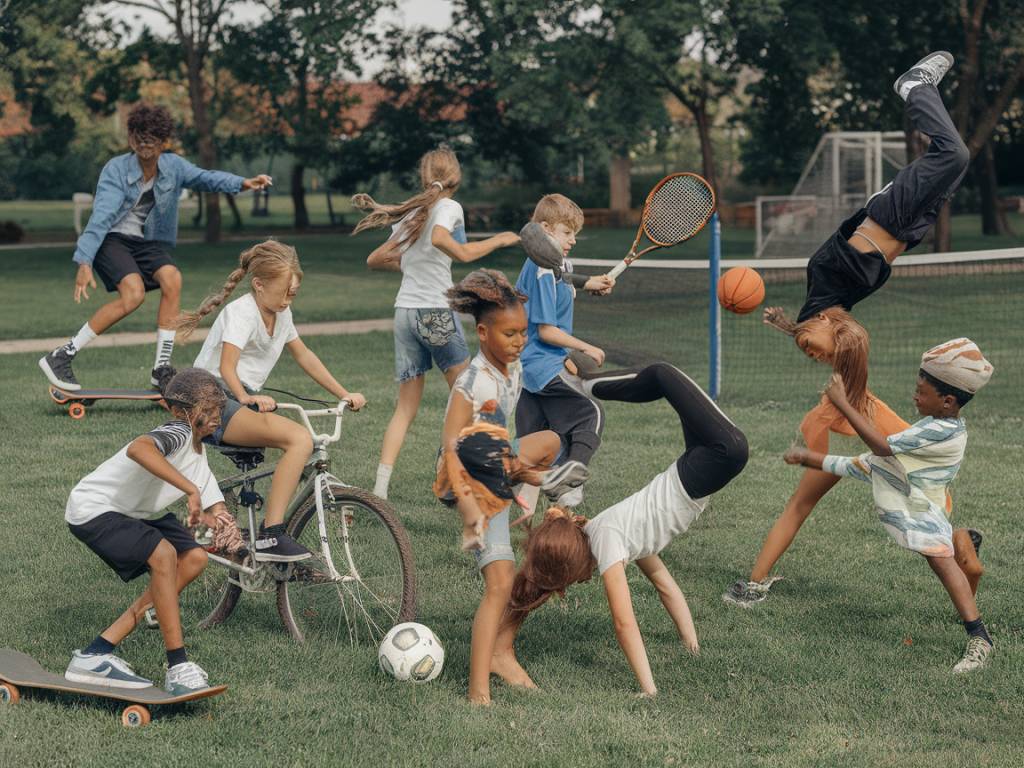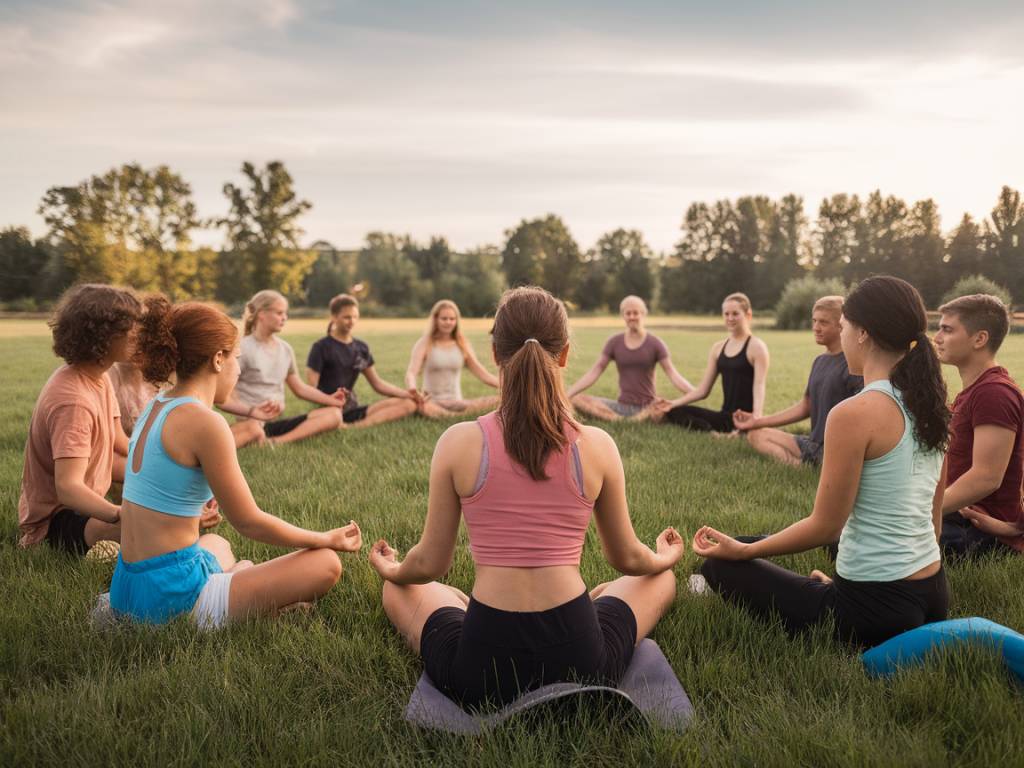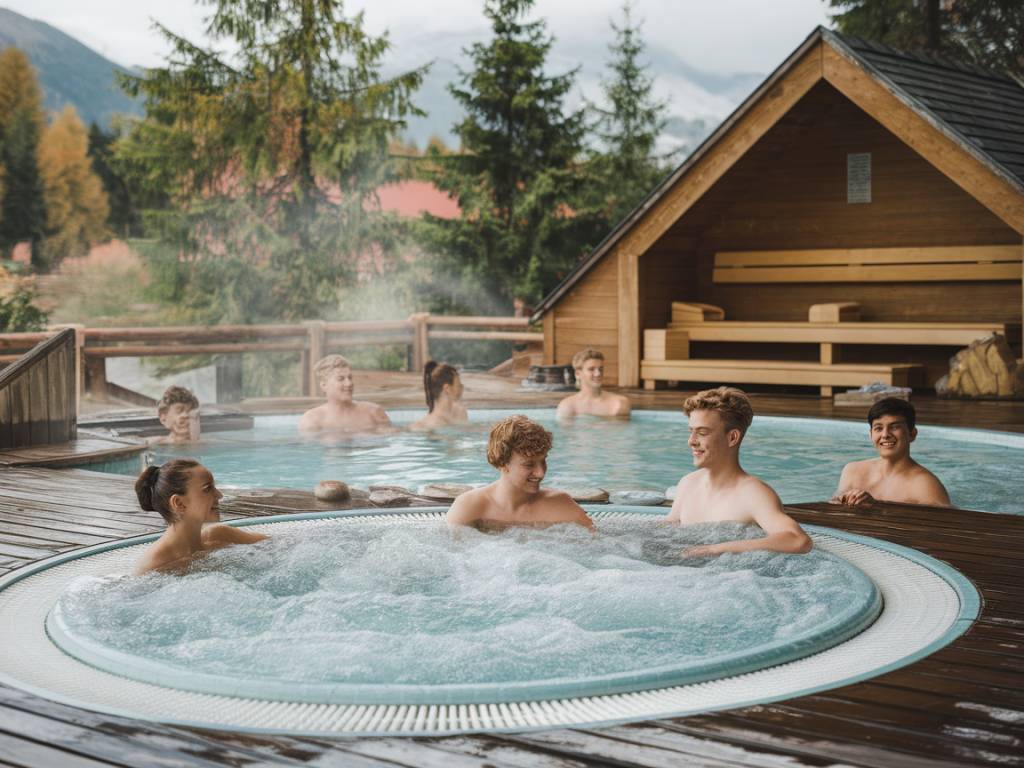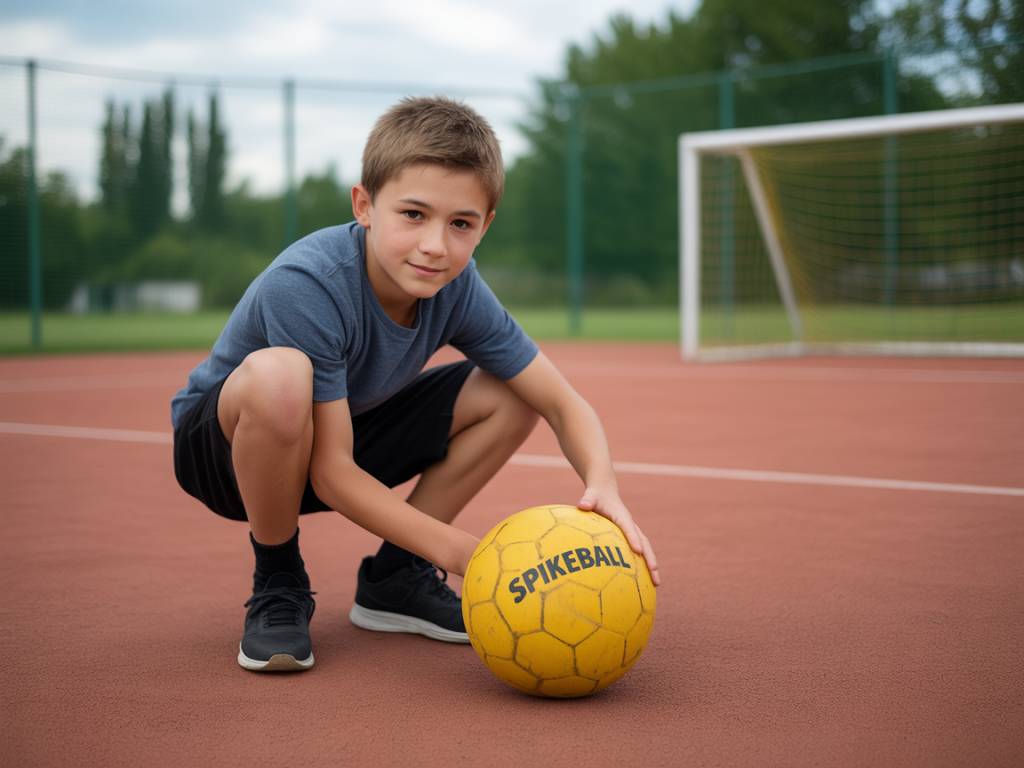Why Extreme Sports Are a Game-Changer for Today’s Youth
Let’s be real—when you hear the phrase « extreme sports, » what comes to mind? Adrenaline-packed stunts, breathtaking jumps, or maybe even the occasional wipeout? But beyond the thrill and action, there’s something deeper at play here. Extreme sports are not just about pushing physical boundaries; they’re transforming the way young people view themselves and the world around them. Buckle up because we’re diving into how these heart-racing activities are building a generation of confident, resilient game-changers.
Chasing Fear: Building Confidence with Every Leap
Imagine standing on the edge of a 20-meter cliff, staring down into crystal-clear waters below. Your heart is racing, palms sweating. Taking that leap requires more than just physical ability—it’s about facing your fear head-on. Extreme sports like cliff diving, skateboarding, or parkour force youth to step (or leap) out of their comfort zones, teaching them that it’s okay to be scared as long as they give it a shot.
Surfers, for example, spend hours battling unpredictable waves, sometimes wiping out more often than they ride successfully. Over time, they learn to accept failure as part of the process, ultimately leading to greater confidence in their skills. And what’s cooler than knowing you can conquer a monster wave or land a trick you’ve been practicing for months?
The Ripple Effect: Skills Beyond the Adventure
Did you know that extreme sports help young people develop skills that extend far beyond the realm of the sport itself? Here’s a breakdown of a few life-changing traits cultivated through these adrenaline-fueled activities:
- Resilience: When you fall nine times and still get back up to try number ten, this mindset carries over into school, work, and relationships.
- Focus: Balancing mid-air on a slackline or executing a BMX trick requires laser focus. That same intensity comes in handy for exams or pursuing creative goals.
- Problem-Solving: Every obstacle on a climbing wall or skatepark is a puzzle waiting to be solved, encouraging creative and strategic thinking.
It’s no wonder corporate recruiters value athletes’ problem-solving skills. Facing challenges head-on? That’s a skill for life.
Breaking Stereotypes: Redefining « Cool »
Think extreme sports are just for daredevils? Think again. Today’s youth are embracing activities like rock climbing, snowboarding, and mountain biking as ways to escape societal pressures and find their identity. Extreme sports let young people redefine what it means to be « cool, » moving away from destructive behaviors often glorified in pop culture.
Instead of chasing toxic cycles, they’re chasing mountains, waves, and halfpipes. By doing so, they’re engaging in healthier, more productive pastimes while forming communities built on mutual support and shared interests.
Case Study: A Parkour Enthusiast’s Journey
Take Sarah, a 17-year-old from Portland who initially struggled with crippling self-doubt. A friend introduced her to parkour—a sport where participants navigate urban environments, leaping across rooftops, climbing walls, and vaulting over obstacles.
At first, Sarah was hesitant. The thought of jumping between two buildings gave her nightmares. But after weeks of dedicated practice, she mastered her first rooftop jump. The sense of accomplishment was unparalleled. Now, she feels invincible, both on and off the parkour course. That confidence has seeped into her academic performance and social life, making her a role model for her peers.
Community Spirit: Finding Your Tribe
Extreme sports are anything but solitary. Whether it’s finding a crew to skateboard with at your local park or joining a bouldering gym, young people who dive into these sports are often welcomed into tight-knit communities. And let’s face it, who doesn’t want a support system of like-minded people cheering you on as you crush your goals?
Even online platforms like Instagram and TikTok are creating global connections for extreme sports enthusiasts. Watching someone halfway across the world land a jaw-dropping snowboarding trick inspires others to push their limits too. In the age of social media, this sense of camaraderie is accessible to everyone.
Mind and Body in Sync: Mental Health Benefits
It’s no secret that the mental health crisis among youth is a major concern today. Anxiety and depression seem to be at an all-time high. But here’s where extreme sports can play a pivotal role. The physical activity alone releases endorphins (the « feel-good » hormones), which help combat stress and boost mood.
Beyond biology, the psychological benefits are immense. Activities like rock climbing force participants to zone in on the present—there’s no room for overthinking when you’re scaling a 30-foot rock face. That sense of mindfulness is something many young people struggle to achieve in their day-to-day lives.
Moreover, achieving a big milestone—a new personal record or finally nailing that elusive trick—provides a surge of pride and self-fulfillment that’s hard to beat.
Taking the First Step: Where to Start
Curious about testing the waters (or mountains, or ramps)? Getting started in extreme sports doesn’t have to be overwhelming. Here are a few tips for beginners:
- Start small: No need to tackle a 15-foot wave on your first day surfing. Start with smaller challenges and build gradually.
- Find a mentor: Whether it’s a coach, a friend, or even YouTube tutorials, having someone to guide you makes all the difference.
- Safety first: Gear up and know the rules. Helmets, pads, and proper equipment can save you from injury.
- Be patient: Mastery doesn’t happen overnight. Celebrate small wins and keep going.
Final Thoughts: A Generation of Risk-Takers
Extreme sports are more than just a thrill—they’re a proving ground for confidence, resilience, and mental grit. Today’s youth are stepping up to the challenge, one kickflip, climb, or wave at a time. And honestly? The world could learn a thing or two from their fearless approach to life. So, what’s stopping you from taking that first leap?

